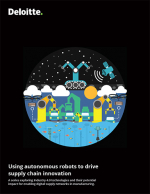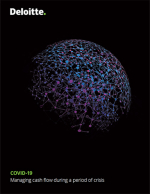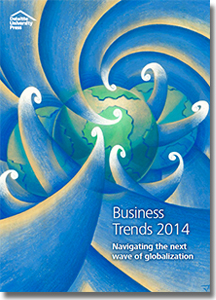Business Trends 2014 - Navigating the Next Wave of Globalization
The purpose of this report is to inform such action through the identification of important and robust trends that will certainly matter for years to come—in all but the most extremely catastrophic scenarios for the future of globalization.
Globalization —broadly defined as increasing worldwide integration and interdependence, based on the flow across national borders of goods, services, capital, people, ideas, cultures, and values—has been an enduring driver of change and development. While the overall trajectory of increased worldwide engagement and interaction has been sustained over many hundreds of years, the process has not been smooth or continuous.
A hundred years ago, in the buildup to World War I, many decades of global economic integration—sometimes referred to as the “Golden Age”—were rapidly reversed: Meaningful globalization did not resume for around 40 years.
Most senior leaders today cut their managerial teeth during a period of deep and rapid global integration. From around 1980, and for almost three decades, global trade increased at about 7 percent per annum on average—twice the rate of growth of global GDP.
This extraordinary dynamic was empowered by the interplay of three key factors: falling transportation costs coupled with increasingly efficient logistics; radically faster, better, and cheaper communications, including the rise of the Internet from the mid-1990s; and increasingly supportive policy regimes, especially after the collapse of the Soviet Union.
Despite growing resistance in some quarters to the impacts of globalization—especially related to charges of growing inequality and the exploitation of people and the environment—a strong consensus emerged in the worlds of policy, economics, and business regarding both its “rightness” and its apparent inevitability. But today, serious and legitimate questions are again being posed regarding the future of globalization.
The widely respected chief international economist of Morgan Stanley, Joachim Fels, recently put forward a “tentative thesis” that 2013 might prove analogous in some respects to 1913. He points to the rush of liquidity into emerging markets (fueled by Western monetary policies after the 2008 financial crisis)—a trend that is now clearly reversing—and the recently growing evidence that many Western companies are repatriating parts of their production processes.
However, these are not the only reasons to question the current status of globalization.
What’s Related




Favorites





